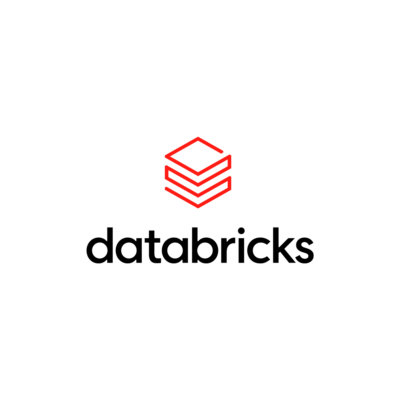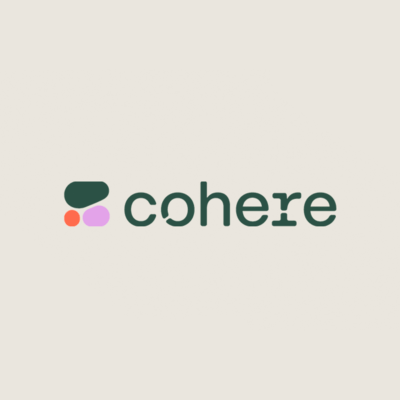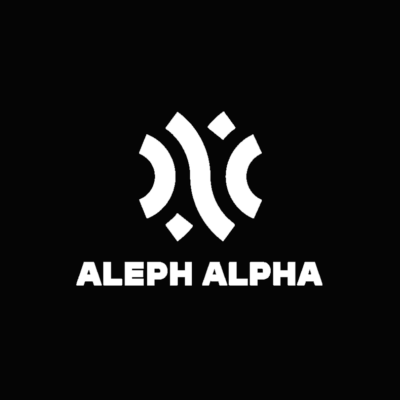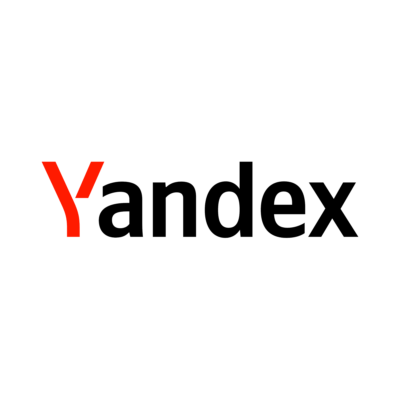Compare Models
-
Databricks
Dolly 2.0
FREEDolly 2.0 by Databricks, is the first open source, instruction-following Large Language Model, fine-tuned on a human-generated instruction dataset and is licensed for research and commercial use, which means any organization can create, own, and customize powerful LLMs that can talk to people without paying for API access or sharing data with third parties.Dolly 2.0 is a 12B parameter language model based on the EleutherAI pythia model family and fine-tuned exclusively on a new, high-quality human generated instruction following dataset (crowdsourced among Databricks employees – so cool). Dolly-v2-12b is not a state-of-the-art model, but it does exhibit surprisingly high-quality instruction following behavior not characteristic of the foundation model on which it is based. Dolly v2 is also available in smaller model sizes: dolly-v2-7b, a 6.9 billion parameter based on pythia-6.9b and dolly-v2-3b, a 2.8 billion parameter based on pythia-2.8b.Dolly 2.0 can be used for brainstorming, classification, open Q&A, closed Q&A, content generation, information extraction, and summarization. You can access the Dolly 2.0 can training code, the dataset, and the model weights on Hugging Face. -
Cohere
Generate
$0.015Cohere is a Canadian startup that provides high-performance and secure LLMs for the enterprise. Their models work on public, private, or hybrid clouds.Cohere Generate can be used for tasks such as copywriting, named entity recognition, paraphrasing, and summarization. It can be particularly useful for automating time-consuming and repetitive copywriting tasks and re-wording text to suit a specific reader or context.Cohere Generate is available as an API that can be integrated into various libraries using Python, Node, or Go software development kits (SDKs).We have shown the price of the Cohere Generate Default version, but a Cohere Generate Custom model is available but is double the price (0.030 per 1/k tokens). However, custom models can lead to some of the best-performing NLP models for many tasks. -
Aleph Alpha
Luminous-base
$0.0055Aleph Alpha have the Luminous large language model. Luminous models vary in size, price and parameters. Luminous-base speaks and writes 5 languages: English, French, German, Italian and Spanish and the model can perform information extraction, language simplification and has multi-capable image description capability. Aleph Alpha is targeting “critical enterprises” — organizations like law firms, healthcare providers and banks, which rely heavily on trustable, accurate information. You can try Aleph Alpha models for free. Go to the Jumpstart page on their site and click through the examples on Classification and Labelling, Generation, Information Extraction, Translation & Conversion and Multimodal. Aleph Alpha are based in Europe, allowing customers with sensitive data to process their information in compliance with European regulations for data protection and security on a sovereign, European computing infrastructure. -
Aleph Alpha
Luminous-extended
$0.0082Aleph Alpha luminous-extended is the second largest model which is faster and cheaper than Luminous-supreme. the model can perform information extraction, language simplification and has multi-capable image description capability. You can try Aleph Alpha models with predefined examples for free. Go to at the Jumpstart page on their site and click through the examples on Classification and Labelling, Generation, Information Extraction, Translation and Conversion and Multimodal. Aleph Alpha are based in Europe, which allows customers with sensitive data to process their information in compliance with European regulations for data protection and security on a sovereign, European computing infrastructure. -
Aleph Alpha
Luminous-supreme
$0.0319Supreme is the largest model but the most expensive Aleph Alpha Luminous model. Supreme can do all the tasks of the other smaller models (it speaks and writes 5 languages, English, French, German, Italian and Spanish and can undertake Information extraction, language simplification, semantically compare texts, summarize documents, perform Q&A tasks and more) and is well suited for creative writing. You can try out the Aleph Alpha models for free. Go to the Jumpstart page on their site and click through the examples on Classification & Labelling, Generation, Information Extraction, Translation & Conversion and Multimodal. -
Aleph Alpha
Luminous-supreme-control
$0.0398Supreme-control is its own model, although it is based on Luminous-supreme and is optimized on a certain set of tasks. The models differ in complexity and ability but this model excels when it can be optimized for question and answering and Natural Language Inference.You can try out the combination of the Aleph Alpha models with predefined examples for free. Go to at the Jumpstart page on their site and click through the examples on Classification & Labelling, Generation, Information Extraction, Translation & Conversion and Multimodal. -
Cohere
Summarize
$0.015Cohere is a Canadian startup that provides high-performance and secure LLMs for the enterprise. Their models work on public, private, or hybrid clouds and is available as an API that can be integrated into various libraries using Python, Node, or Go software development kits (SDKs).Cohere Summarize generates a succinct version of a provided text. This summary relays the most important messages of the text, and a user can configure the results with a variety of parameters to support unique use cases. It can instantly encapsulate the key points of a document and provides text summarization capabilities at scale. -
Yandex
YaLM
FREEYaLM 100B is a GPT-like neural network for generating and processing text. It can be used freely by developers and researchers from all over the world. It took 65 days to train the model on a cluster of 800 A100 graphics cards and 1.7 TB of online texts, books, and countless other sources in both English and Russian. Researchers and developers can use the corporate-size solution to solve the most complex problems associated with natural language processing.Training details and best practices on acceleration and stabilizations can be found on Medium (English) and Habr (Russian) articles. The model is published under the Apache 2.0 license that permits both research and commercial use.





